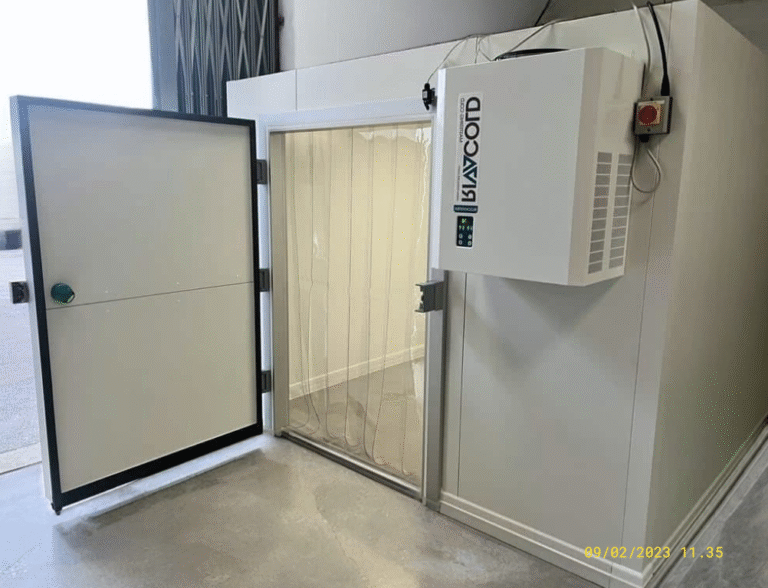When purchasing peptides in the UK for research purposes, correct storage and handling are essential to maintain their integrity, purity, and stability. Even minor mishandling can lead to degradation, reduced shelf life, and inconsistent results, outcomes that compromise the reliability of your work.
This guide outlines best practices for storing and managing peptides so your research remains accurate and repeatable.
Why Proper Storage Matters
Peptides are sensitive biomolecules. Exposure to heat, moisture, light, or contamination can alter their structure and reduce effectiveness. Proper storage helps to:
- Preserve molecular integrity, ensuring results reflect intended biological activity
- Extend shelf life and reduce wastage
- Support reproducibility across ongoing or repeat studies
Storage of Lyophilised (Dry) Peptides
Most peptides are supplied in lyophilised (freeze-dried) form for maximum stability.
- Freezer (–20 °C): Recommended for long-term storage, with stability maintained for up to 4 years.
- Refrigerator (2–8 °C): Acceptable for short-to-medium storage (up to 12–24 months).
- Room temperature: Avoid storing beyond a few days, as heat and humidity rapidly reduce stability.
- Sealed and dry: Keep vials tightly closed until use to prevent premature activation.
- Minimise fluctuations: Avoid repeated freezer access, which can cause condensation and destabilisation.
Storage of Reconstituted Peptides
Once peptides are reconstituted with bacteriostatic water or another suitable solvent, they become more fragile.
- Refrigerator (2–8 °C): Store reconstituted peptides here. Do not freeze, as ice crystal formation can damage peptide bonds.
- Shelf life: Use within 2–4 weeks for best results (stability depends on sequence and solvent).
- Sterile handling: Always use aseptic technique to reduce contamination risk.
- Aliquoting: Divide into smaller volumes to limit repeated vial access.
Handling Best Practices
To maintain peptide quality throughout your research:
- Work efficiently to limit time at room temperature
- Protect from direct light by using amber vials or opaque bags
- Label vials with peptide name, date received, and reconstitution date
- Minimise freeze–thaw cycles by storing aliquots rather than repeatedly opening a single vial
Common Mistakes to Avoid
- Leaving peptides unrefrigerated for extended periods
- Reconstituting with tap or non-sterile water
- Using frost-free freezers (temperature cycling degrades peptides)
- Neglecting to track usage dates, risking expired or degraded material
Why Researchers Trust Bluewell Peptides
Bluewell supports researchers with both high-quality products and the guidance needed for best results:
- GMP-manufactured peptides with verified 99%+ purity
- Independent third-party testing for quality assurance
- Cold-chain shipping to preserve stability during delivery
- Detailed storage and handling instructions included with every order
- Technical support for research protocol and stability questions
Conclusion
Whether working with lyophilised or reconstituted peptides, correct storage and handling directly impact the accuracy and reproducibility of your research. By following these guidelines, you preserve compound quality, minimise waste, and protect the reliability of your results.
Note: All peptides supplied by Bluewell are for laboratory research use only. They are not intended for human consumption, medical, or veterinary use.


